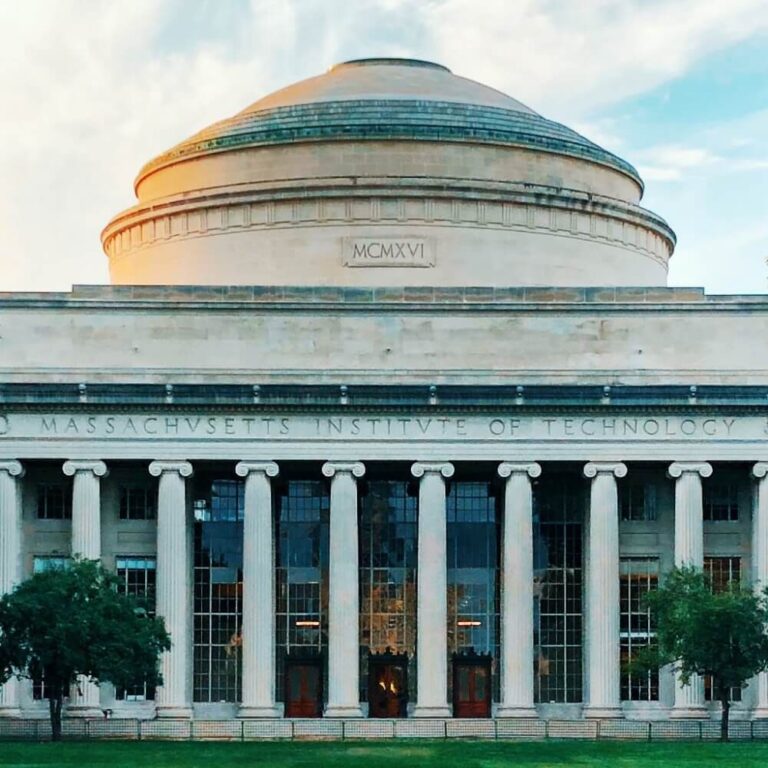College admissions can seem completely random at times. Students sometimes get admitted to their reach colleges, but are not admitted to colleges that they absolutely expected. There is a reason this happens, and it’s called Yield Protection. This post explains what Yield Protection is, and how to avoid it from happening to you.
As I explain below, the term Yield Protection is a misnomer, as colleges don’t reject great students just to improve yield (yield is the percentage of accepted students that enroll). But as Yield Protection is commonly used already, I continue to use it below.
Why Yield Protection Happens
Before I get into a detailed explanation of yield protection, there is a simple reason it exists:
Selective colleges want students who are talented AND excited to attend that college.
Let’s represent all applicants by arranging the least qualified applicants towards the left, and the most qualified applicants to the right. We will mark in red applicants that are academically too weak to be accepted. Let’s also mark the really strong applicants the college thinks will enroll in green. These are the easy application decisions.

Another group are Possible applicants who would be thrilled to join this college, but are not as strong as the ones in the Accept category. Some of these applicants will be selected, while others may get wait-listed, but most will likely be rejected.
Finally, for many selective colleges, there is a very talented group of applicants that the college would love to admit. But the college believes that these talented students are likely to have great options, and are unlikely to enroll. This is the misnamed Yield Protection category, and these applicants are often wait-listed rather than accepted. This can be hugely disappointing and confidence-sapping for students who were expecting these colleges to be “sure admits”.
It’s important to note that this form of yield protection can only happen with Early Action or Regular Decision applicants. It never happens with Early Decision, no matter how exceptional the student is. Early Decision indicates that this college was the student’s first choice, and is therefore excited to attend. It also never happens with the most selective colleges, those in selectivity tier S1, as they are confident enough to think they are everyone’s first choice.
How to Avoid Being Snagged by Yield Protection
If a student gets into their Reach colleges but not their Likely colleges, that would be considered odd or random, but it’s not a worry. But the nightmare scenario is when a highly talented student doesn’t get into their Reach colleges, but colleges they expected to get into also don’t accept them, thinking they were just being used as a backup. Here’s how to avoid this:
Key Tip: Give every college the impression that you would be very excited to attend THAT college.
And here is what this means in practice:
- Create quality applications: It’s tempting to spend all your time on apps for your Reach colleges and rush the apps for your Match and Likely colleges. Don’t do that. The admission officers can tell. Instead, for every Reach application that you complete, also carefully complete a Match and Likely college application as well. In particular, pay close attention to the “Why Us” essay if it exists.
- Show them the love: Many colleges track demonstrated interest. Examples of demonstrated interest include attending college recruitment events in your school or town, signing up for mailing lists AND opening the emails when you get them, viewing the web site. Also, be sure to visit the campus if feasible to do so. Not only is this usually considered demonstrated interest, what you learn during a campus visit can help create a better “Why Us” essay.






So yet again, colleges demonstrate that merit is not important in the admissions process.